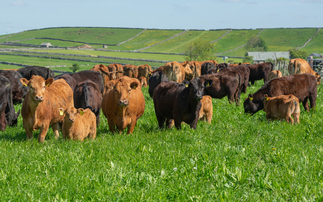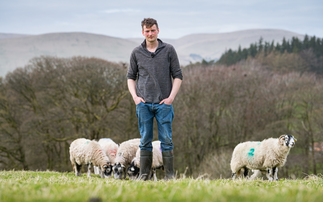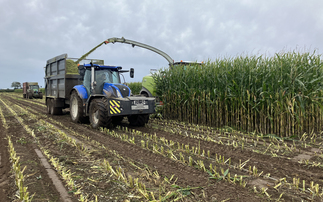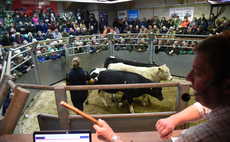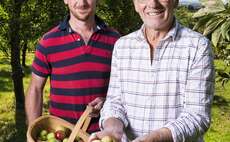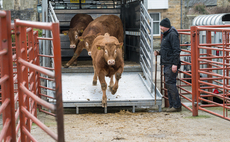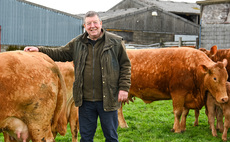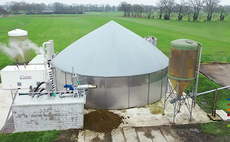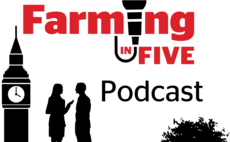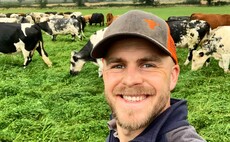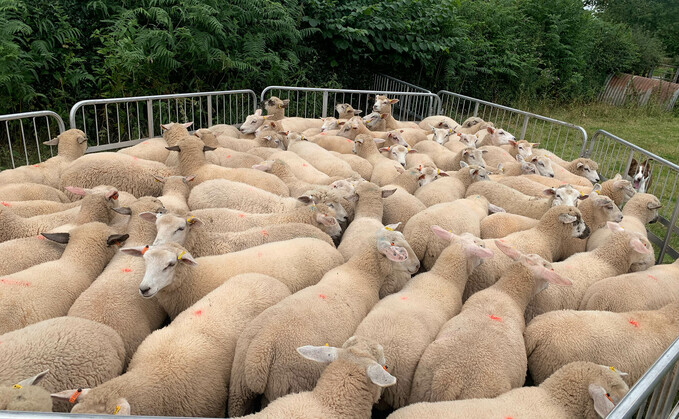
With demand increasing and supply declining lamb prices look to remain strong in the short to medium term. There has been huge volatility in the lamb market over the last 12 months said Tom Dracup, farming sustainability lead at ABP, with prices starting at 580p/kg at the beginning of the year, peaking at 900p/kg six months ago and now around 600p/kg deadweight, but he expects prices to remain robust.
"Domestic production is down and throughput is down by 8% with this trend looking set to continue.
"This is being driven by a number of factors – the weather, uncertainty in the industry, government policy are all contributing.
"But the postive news is that demand for lamb is increasing. Kantar is expecting a 6% increase in the volume of lamb sold over the next 12 months.
"Globally, a 15% increase in lamb consumption is estimated by 2032."
Exports
Rizvan Khalid, Euro Quality Lamb, agreed that the strong prices are likely to continue.
He said: "The UK lamb price at Easter was higher than in was in France, which is unusual but was down to a lack of supply.
"Demand for lamb is robust and the UK is in a good position to supply the global market.
"There are changes to sheep production in a lot of EU countries and it is a similar situation in New Zealand where lamb volumes are down, but for different reasons.
"The world market is growing and the US now imports more lamb than the EU, with most of this coming from New Zealand and Australia, which is changing the world flow of lamb."
If there is less stock availabe it means that there is less available for export which is a concern.
Mr Khalid said: "We have to be able to give confidence to the supply chain that there is product available and there is the opportunity to raise flock levels to supply increasing markets around the world, but the EU market is fundamental to the UK sheep trade.
"About 45-50% of lamb is sold to UK retailers, a third is exported, a significant proportion of which is halal, and the remainder goes to food service and independents, which means there is a broad range of markets to target but it is important to have options."
READ NOW: Denmark agrees livestock 'fart' tax
Brexit
He also explained how Brexit bureaucracy had added £90-120m/year of cost to the export process due to export certificates, increased logistics and paperwork, border veterinary charges and taxes which also result in a day of shelf-life being lost.
This excludes costs to importers which he estimates to be 30% higher at £120-150m/year and he said veterinary alignment is critical and needs to be accelerated as it would greatly reduce costs.
Mr Khalid also highlight the importance of the halal market both in the UK and the EU.
He said: "The global Muslin population is 24.1% of the global population and is expected to rise to 26.4% by 2030. This is predominantly young demographic which has an increased income.
"Approximately 20-25% of all sheepmeat is consumed by Muslims and the demand for halal mutton underpins the ewe trade."
READ NOW: Three in five Brits expect food prices to rise because of family farm tax
Retailer perspective
Consumer's buying habits are changing according to Katie Thorley, sustainability manager for ABP.
She said: "The challenge for retailers is supplying want the customer wants at the same time as being under pressure to meet government targets.
"Inflation has slowed and loyalty schemes are high on shoppers agenda and retailer's strategies.
"Post Covid-19 consumers have traded up – they are buying more premium brands, but also looking for promotions.
"Rather than eating out they are treating themselves at home with ‘fakeaways'. But scratch cooking is at a five-year low with consumers looking for convenient cooking solutions."
Ms Thorley explained how ABP was working towards sustainability goals by sending zero waste to landfill, reducing water usage, switching to renewable energy, reducing the single use plastics and reducing greenhouse gas emissions from energy use.
However, she said that 90% of beef and lamb emissions are at farm level which is why the company created PRISM 2030, a programme to improve the sustainability of red meat.
ABP farmer suppliers involved in the programme are offered a range of tools, including sustainability grants to help them reduce their carbon footprint.
Data from the farms has indicated a large variation in the kgCO2e/kg dwt produced by the top third of farms and the bottom third indicating that there is huge scope for change and reduction.
The key recommendations produced with would help to reduce emmisions were improving pasture, reducing age to slaughter, improving livestock health, reducing fuel consumption and using by-product feeds.
READ NOW: Retailers join forces with Arla to trial methane reducing feed additives












